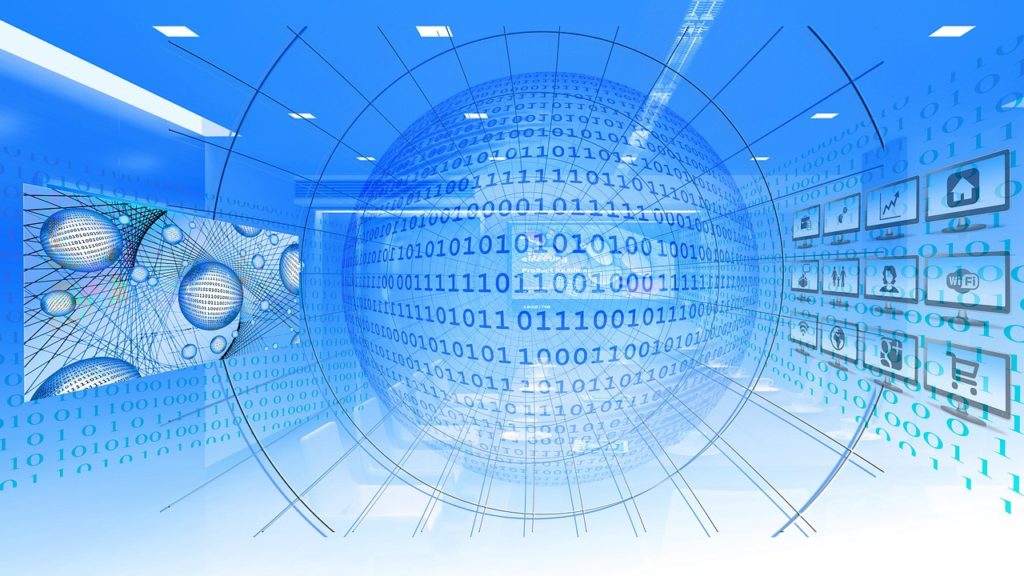
Let’s see how Blockchain technology, through Neurochain for instance, can constitute a robust and powerful foundation for solutions that really meet customers’ needs.
It is already a partial response to social distancing, but not everything is so simple. Partially because not everything can be digitized. When we talk about a digital distribution platform, we are also talking about the movement of goods, made by people. Digitization is not meant to replace the human, but rather to help and assist him. It can give a more global vision of what is happening. It will allow us to know where the raw materials come from, to have a vision on the dependence on suppliers on the other side of the world but also to be informed on the value commitments of suppliers.
Blockchain solutions like Neurochain provide this visibility. For what purpose? Certainly to bring transparency to consumers, to measure and add up the distances travelled to manufacture a consumer good. The traceability provided by Blockchain systems will enable us to provide reliable figures and indicators and will forbid us to close our eyes to what we already know globally. The Blockchain will be able to provide visibility on the value chain. For once, let’s create value chains with values. Let’s put things in place so that the gain doesn’t just go back to the platform. But also to the people who handle and transport the goods so that they are fairly compensated and not considered as modern slaves. Neurochain would allow this to be managed automatically, distributing the revenue fairly over each of the steps and make it transparent to give visibility to the customer so that they can choose and make those purchases based on their values and beliefs. Similarly for relocation, today we are discovering dependencies in raw materials with countries on the other side of the world. The time certainly makes us rethink many aspects.
Nowadays, digitalization also allows us to automate processes. However as mentioned, we can implement responsible digitalization, whose sole purpose would not be to replace humans with machines. But rather to help humans on some boring tasks but above all to take over to secure human processes by automatic processes, for example during a crisis. Automating hospital admission processes, or reimbursements, could be an effective ally on this kind of task when the human has other things to do than filling out files or making transfers. The RPA ”Robotic Process Automation” is the mature and adequate tool to fulfill this task of assistance and security on business processes.
Digitization also gives us the ability to share and enrich data. Today, information sources and interaction needs are multiplying. Interactions between medical data, geolocation, feedback from the field. It is now becoming essential to collect and cross-reference all data, with respect for privacy, to take advantage of the power of this digitization. We can notice it through this crisis of early 2020. Information is everywhere and sometimes becoming essential. The API Management is from this perspective a fantastic technology to exchange between applications but also between humans and applications. The API Management allows to create a direct gateway between all the actors — software or human — to multiply the exchanges and to bring an efficient visibility on data and information.
Blockchain, RPA, API Management… Yes, these technologies are becoming more and more important, but as mentioned previously, their positioning and purposes do not flow from source and it is our responsibility is to use them wisely. Let’s focus on a responsible digitalization, digitalization serving human beings, to help them, to assist them, but not to their detriment. These tools are here to improve things, not to make things worse. It is from this perspective that we will be able to make the most of them and change things with Neurochain. Let’s have a big vision and work hard to change things!